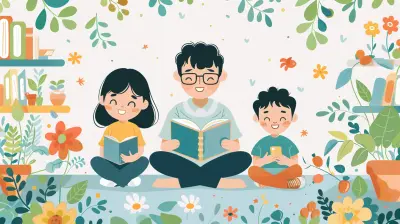The Importance of Play in Early Childhood Development
13 July 2025
As a parent, one of the most magical things you’ll ever witness is your child’s imagination coming to life during play. Whether it’s pretending to be a superhero, building a towering block castle, or having a serious conversation with a teddy bear—play is much more than just fun and games. It’s the heartbeat of childhood development.
But have you ever stopped to wonder why something that looks so simple and spontaneous could be so crucial? Let’s walk through this journey together, because understanding the role of play in early childhood might just make you rethink how you view your little one’s daily adventures.
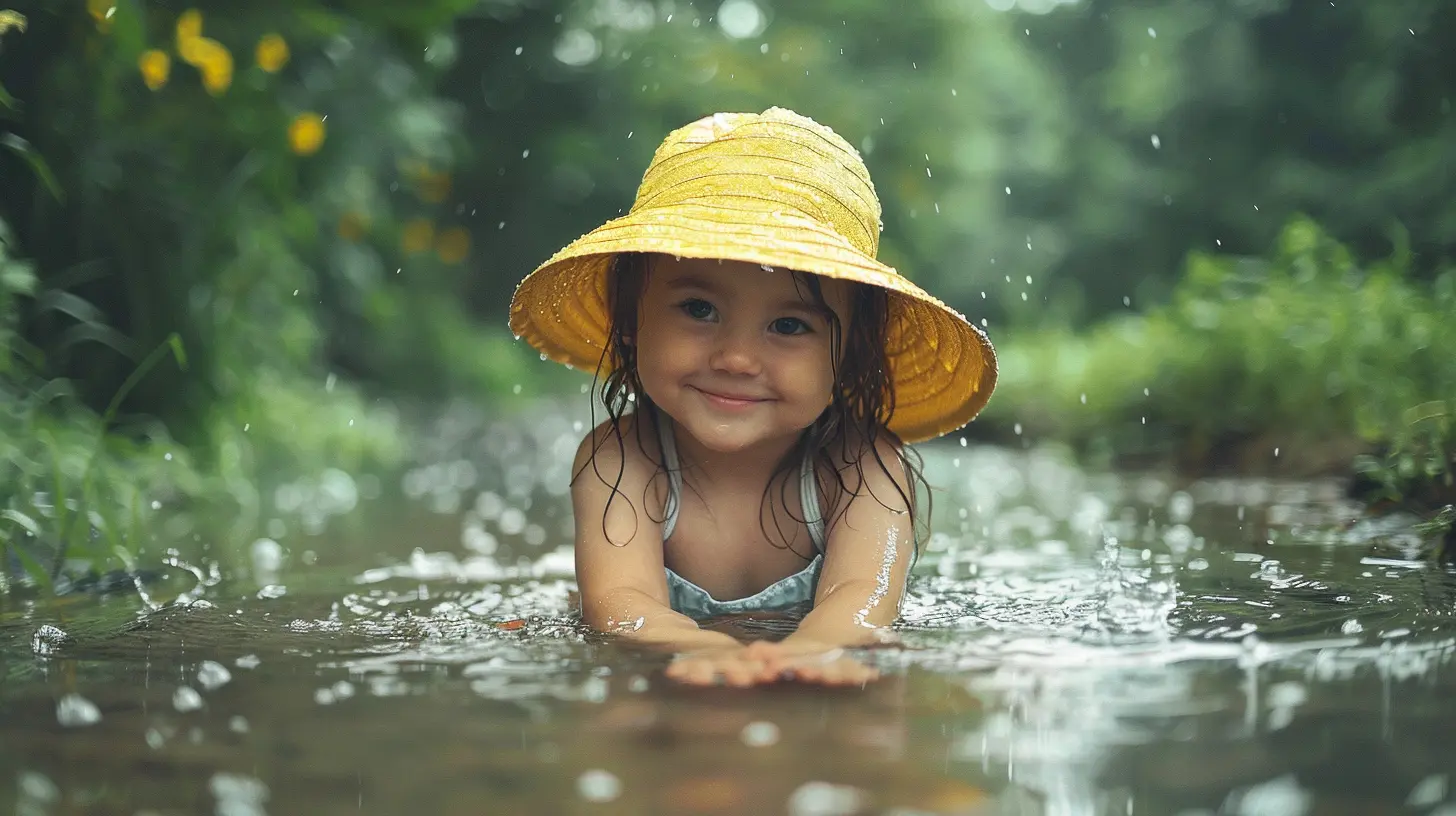
Why Play Matters More Than You Think
You know that gleeful squeal your child makes when they’re lost in imaginative play? There’s something powerful going on behind that giggle. Play isn’t just downtime—it’s your child's full-time job and their most important way of learning.Through play, kids explore the world around them. They make sense of relationships, practice communication, build physical skills, and work through emotions. It’s learning wrapped in fun… kind of like sneaking veggies into a smoothie.
Play is Brain Food
Let’s start with the big one: cognitive development. When kids play, especially in unstructured environments, they engage in critical thinking. They solve problems ("How do I build a bridge strong enough for my car?"), experiment with cause and effect (cue the repeated block tower crash), and stretch their creativity.Neuroscience even backs it up. Studies have shown that play activates parts of the brain involved in memory, attention, and problem-solving. Essentially, play builds brain architecture. It’s like laying the foundation for a lifetime of learning.
Social Skills: Made on the Playground
Ever watch two toddlers negotiate over a toy? It might not always be pretty, but it’s pure gold for social development. Play teaches children how to take turns, share, empathize, and handle conflict. All of these things take practice. Lots. Of. Practice.When children engage in group play, they learn teamwork and how to read social cues. They recognize emotions in others and figure out how their choices affect those around them. Every playdate is a mini classroom in emotional intelligence.
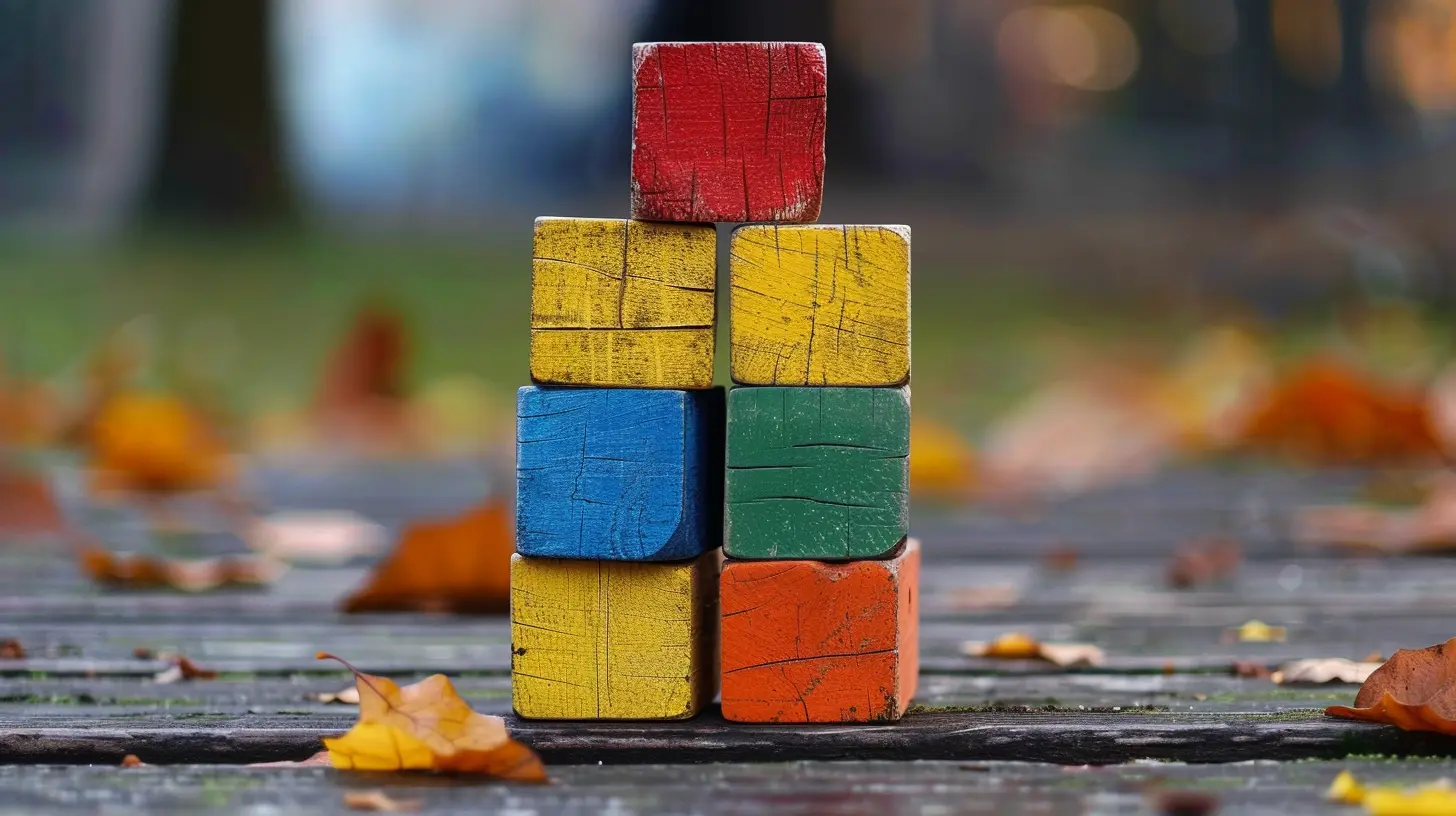
Emotional Development: Where Feelings Find a Voice
Children don’t come into the world knowing how to manage big feelings. That’s where play steps in. It gives children a safe space to express themselves without fear. When your child reenacts something that happened at daycare using dolls or tells stories through pretend animals—they’re processing emotions the only way they know how.Play helps children understand and handle fear, anxiety, excitement, and sadness. By acting out scenarios through play, children gain control over their emotions, learn coping mechanisms, and build resilience.
Think of play like emotional yoga—it helps them stretch, bend, and balance emotionally.
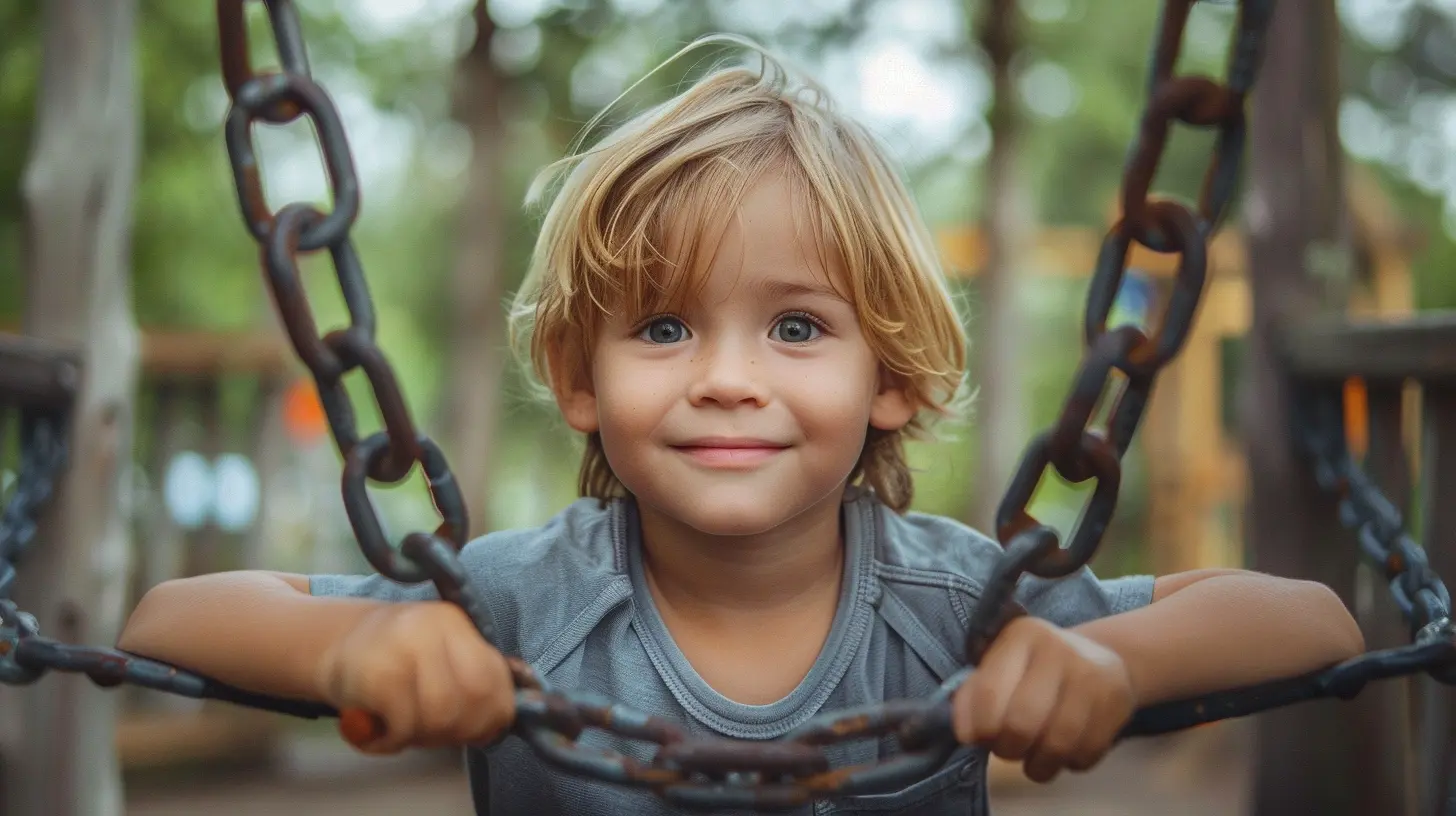
Physical Development: Building Bodies in Motion
From crawling to climbing to chasing butterflies, physical play is essential for building strong bones, muscle coordination, and motor skills. When kids swing, jump, run, and dance, they’re not just burning off energy—they’re learning where their body fits in time and space. That’s called proprioception, and it’s vital for everything from writing to sports.Even fine motor skills—like buttoning a shirt or holding a pencil—develop through activities like stacking blocks, playing with dough, or cutting paper. All of these actions strengthen the muscles and coordination kids need to be more independent.
So next time you see your child covered in paint or knee-deep in mud, remember—they’re not just being messy, they’re fine-tuning their muscles and motor skills.
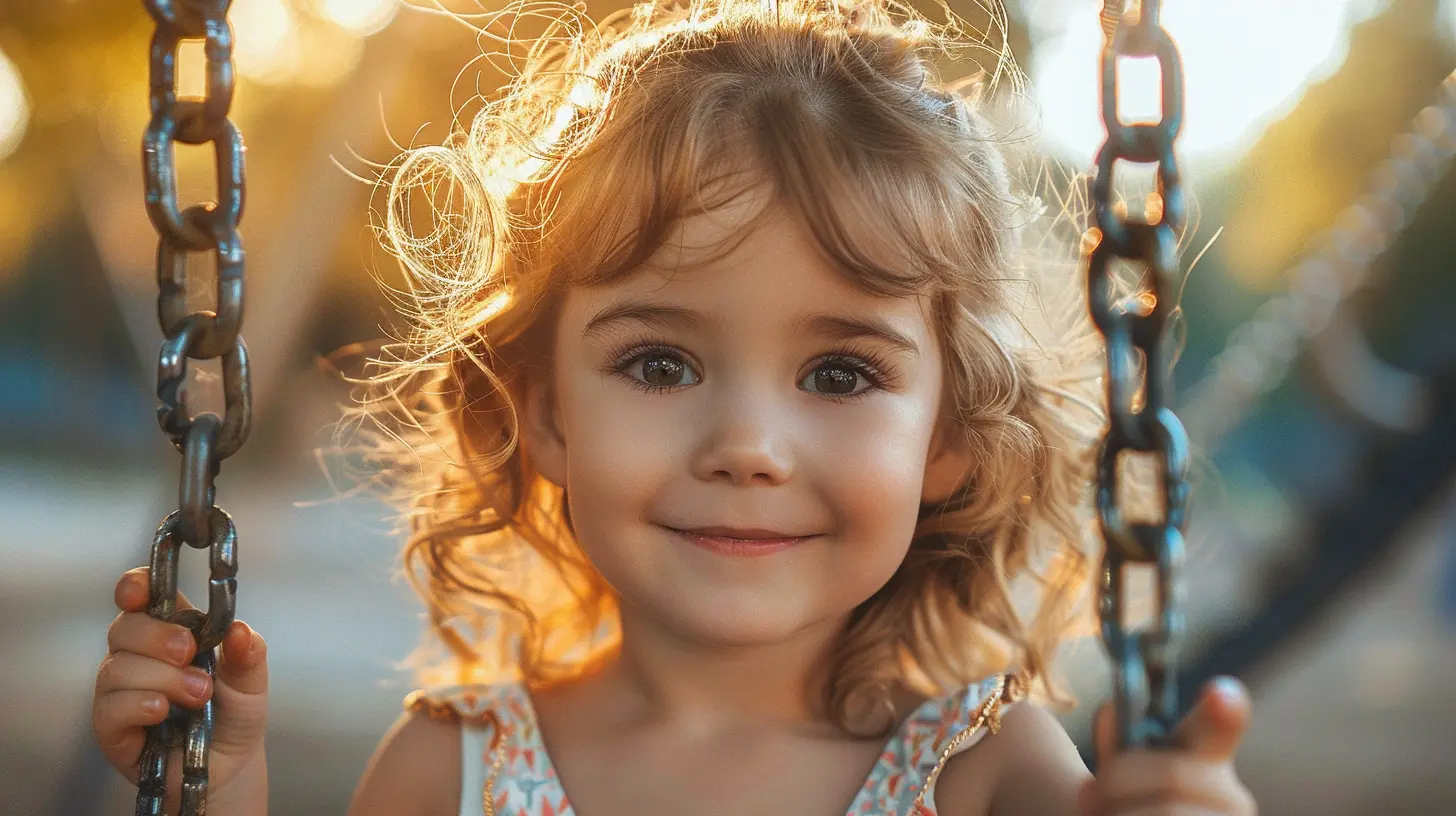
Language Development: Talking Through Play
Ever notice how kids suddenly become chatterboxes when they’re pretending to be characters or playing house? That’s their language skills getting a workout.Play encourages communication, both verbal and non-verbal. Children learn new words, sentence structures, and tone of voice through storytelling, role-play, and group games. And here's the kicker—children are more likely to remember words they learn in playful, emotional contexts because the brain loves stories and emotion.
So yes, that puppet show your toddler puts on a hundred times a day? It’s a full-blown language lesson every single time.
Types of Play and How They Help
Now let’s break it down a bit. Not all play looks the same, and each form offers different benefits.1. Free Play (Unstructured Play)
This is the "no-rules" kind of play—when your child is just doing their thing, led by their interests. Think running around the backyard, building with blocks, or pretending a stick is a magic wand._Free play is incredibly powerful because it nurtures creativity, self-regulation, decision-making, and independence._
2. Structured Play (Guided Play)
This doesn’t mean it has to be rigid. Structured play includes board games, puzzles, or activities with a goal or some adult guidance._Structured play helps kids learn how to follow rules, take turns, and develop patience. It also improves focus and discipline._
3. Physical Play
Jumping, climbing, riding bikes, or rough-and-tumble wrestling (within reason!) fall into this category._This is how kids develop coordination, flexibility, strength, and control over their bodies._
4. Pretend Play (Imaginative or Dramatic Play)
Playing house, acting like a superhero, or talking through puppets? That’s pretend play._Imaginative play enhances creativity, storytelling, empathy, and problem-solving._
5. Constructive Play
Building towers, digging sandcastles, or assembling a puzzle are all great examples._This type of play supports hand-eye coordination, planning skills, and spatial awareness._
6. Social Play
Any play that involves others, whether that’s siblings, friends, or parents._Social play strengthens relationships, teaches communication, and builds culture awareness._
The Role of Parents in Play
You might be wondering, “Do I need to play with my child all the time?” The short answer is—no. Children need both independent play and play with others. But yes, your involvement does matter.When you play with your child, even just for a few minutes a day, you’re telling them: “You matter to me. I see you. I enjoy being with you.” That builds connection, trust, and confidence.
You don’t need elaborate activities or expensive toys. Sometimes the best playdates are as simple as building a fort with couch cushions or making silly faces together.
And here’s the twist—when you let your child lead the play, you get a front-row seat into their mind. You'll understand how they see the world, what excites them, what worries them. That insight? Priceless.
Screens vs. Play: Striking the Right Balance
Look, we live in a digital world. Tablets, TVs, and phones are everywhere. While a little screen time can be okay, especially if it's quality content, nothing replaces hands-on, real-world play.Screens often provide passive entertainment, while play demands active thinking and doing. For young children, movement, touch, interaction, and imagination are irreplaceable parts of development. So, keep screen time in balance and prioritize activities that involve real interaction.
Creating a Play-Rich Environment
You don’t need a room full of toys to encourage meaningful play. In fact, kids often play better with fewer options. Here are some quick tips to create a play-friendly atmosphere at home:- Offer open-ended toys: Blocks, dolls, dress-up clothes, and art supplies can be used in endless ways.
- Rotate toys: Keep things fresh by swapping out toys rather than adding more.
- Make space: Even a corner of a room can become a magical world with a little imagination.
- Get outside: Nature is the ultimate playground. Sticks, rocks, water, and dirt offer sensory-rich play.
- Join in (when invited): Don’t take over—just follow their lead.
When Play Becomes a Developmental Red Flag
While every child plays differently, a complete lack of interest in play can sometimes signal developmental concerns. If your child consistently avoids play, doesn’t interact with toys at all, or doesn’t engage with other children by age 3, it’s worth discussing with your pediatrician.But remember, some kids prefer solo play or are late bloomers socially—and that’s completely okay too. Follow your gut, and when in doubt, ask a professional.
The Bottom Line
Play is not a luxury—it’s a necessity. It’s how children build who they are and how they’ll interact with the world. Every giggle, every build-and-destroy cycle, every “Come on, Mommy, be the dragon!” moment is shaping your child’s brain, heart, and body.So let’s stop thinking about play as something we squeeze in after the "important stuff." Because the truth is—this is the important stuff.
So go ahead, sit on the floor, build a block tower, throw on a cape, or just watch your child play. You’re not wasting time—you’re witnessing growth, connection, and magic in its purest form.
all images in this post were generated using AI tools
Category:
Parenting TipsAuthor:

Tara Henson
Discussion
rate this article
1 comments
Patricia McQuillen
Play is crucial for early childhood development, fostering cognitive, social, and emotional growth. It enhances creativity, problem-solving skills, and builds strong relationships, laying a foundation for lifelong learning.
July 19, 2025 at 4:36 AM

Tara Henson
Thank you for highlighting the vital role of play in early childhood development. It truly is essential for fostering creativity, problem-solving, and strong relationships.

